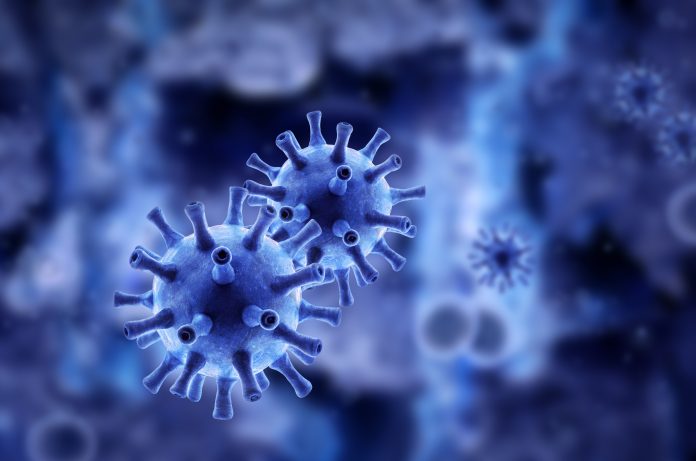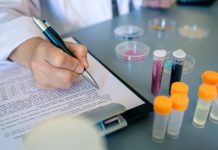An initial £2.5 million will launch the ‘G2P-UK’ National Virology Consortium, which will investigate COVID-19 mutations to figure out how they impact vaccines
The G2P-UK consortium will be led by Professor Wendy Barclay, who is currently Head of the Department of Infectious Disease at Imperial College London. She describes the UK as fantastic in “sequencing viral genomes” and “identifying new variants”, which stands in stark contrast to the lack of Nationally available data on variants in the US.
There will ten institutions involved in G2P-UK. This team of leading virologists will then work alongside the already existing consortium, COVID-19 Genomics UK.
Science will be even more available for policy decisions
The UK hopes for these teams to give rapid insight that can inform policy decisions. A recent report by the science and technology select committee showed a slowness of UK leaders to react to scientific truths.
The committee highlighted a moment from a meeting, in which Mr Clark asks Professor Devi Sridhar, Chair of Global Public Health at the University of Edinburgh, about the WHO advice: “On reflection and for the future, in the context of a global pandemic, might we be more inclined to follow WHO advice than seek to have a bespoke UK system of advice?”
Professor Sridhar: “I think that is right. Having followed the press briefings and technical information since January, I think WHO advice has been pretty spot-on.”
Mutations made the virus faster, not stronger
Currently, there are three variants of COVID-19 that appear to be causing the virus to be more easily transmitted. One of those is the notorious B117 variant, which appears to have originated in Kent, UK.
The virus is doing its job the only way it can – understanding human defences, and trying to confuse those same defences. The question that scientists are now trying to answer, is how exactly will these changes impact the vaccine?
Professor Barclay further commented: “We are already working to determine the effects of the recent virus variants identified in the UK and South Africa and what that means for the transmission of SARS-CoV-2 and vaccine effectiveness.”
Professor Massimo Palmarini, co-lead from the MRC-University of Glasgow Centre for Virus Research, said: “Understanding the unique properties of a single SARS-CoV-2 variant requires experiments that can last several weeks.
“Hence, it is absolutely essential to carry out studies on SARS-CoV-2 variants as a coordinated effort at the UK level.”
The use of cell cultures and animal models
Scientists will use cell cultures and animal models to study if the virus mutations alter:
- the immune response
- virus transmissibility
- the severity of the disease it causes
- the effectiveness of vaccines and treatments.
The researchers will study how readily the virus variants transmit by direct contact or airborne routes in animal models. They will also study the impact on disease severity, such as lung damage and breathing impairment, which correlate with symptoms typical of human COVID-19.
According to one recent study, complications that incite organ failure can begin six months after any initial COVID symptoms appear.
Researchers will also figure out if mutations in the spike protein enable the virus to escape the immune response generated by either the vaccine or immune memory from earlier infection.
In other words, if the vaccine can still work.
Professor Dame Ottoline Leyser, Chief Executive of UK Research and Innovation (UKRI), said: “This new national consortium will study the effects of emerging variants on transmission, disease severity, and vaccine effectiveness – building on the work of the COVID-19 Genomics UK Consortium, which has been so effective in identifying new variants.
“This is critical research which will feed into government decision-making on a daily basis.”











